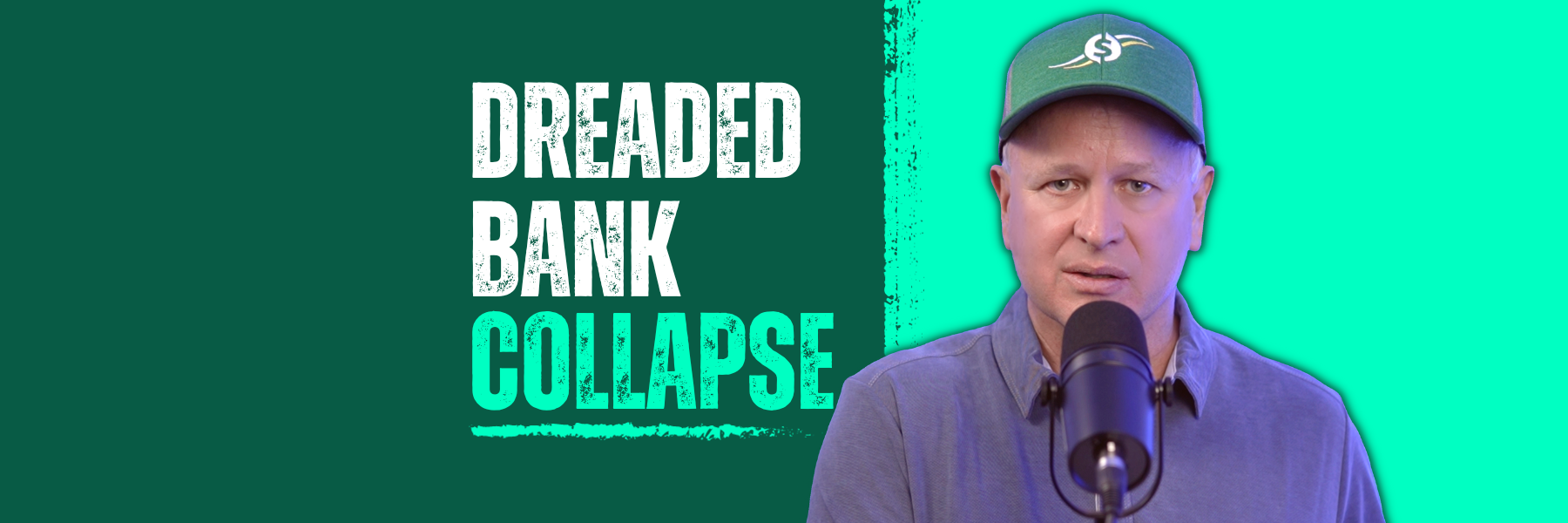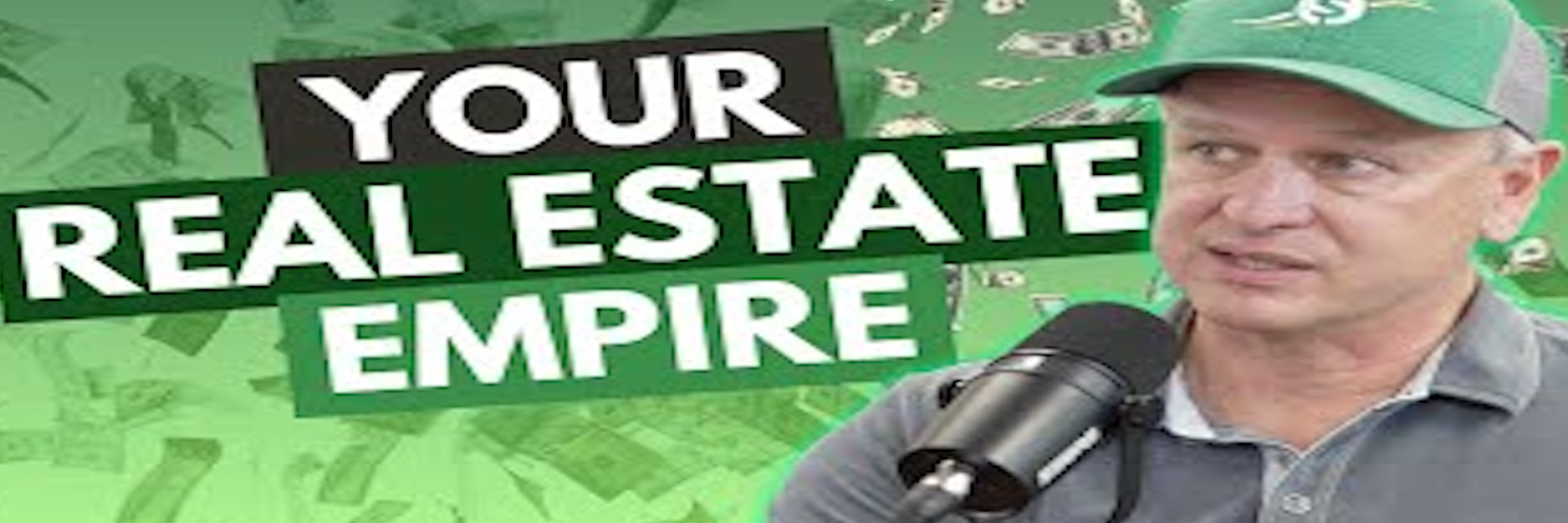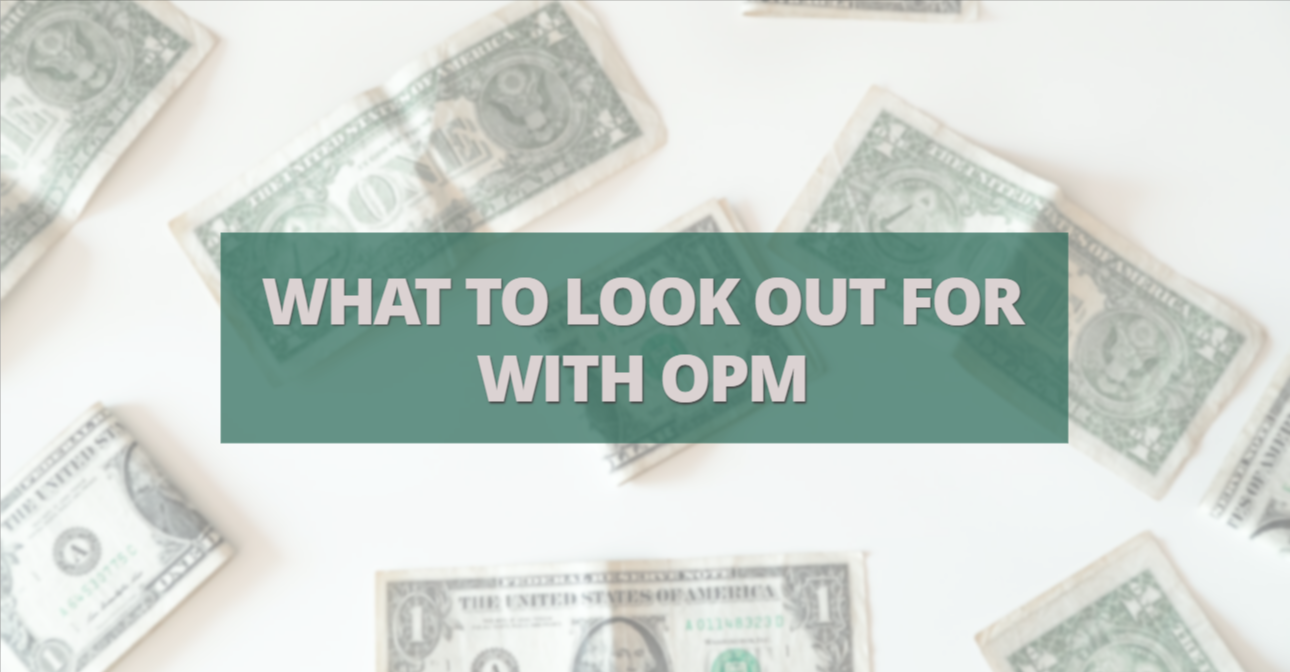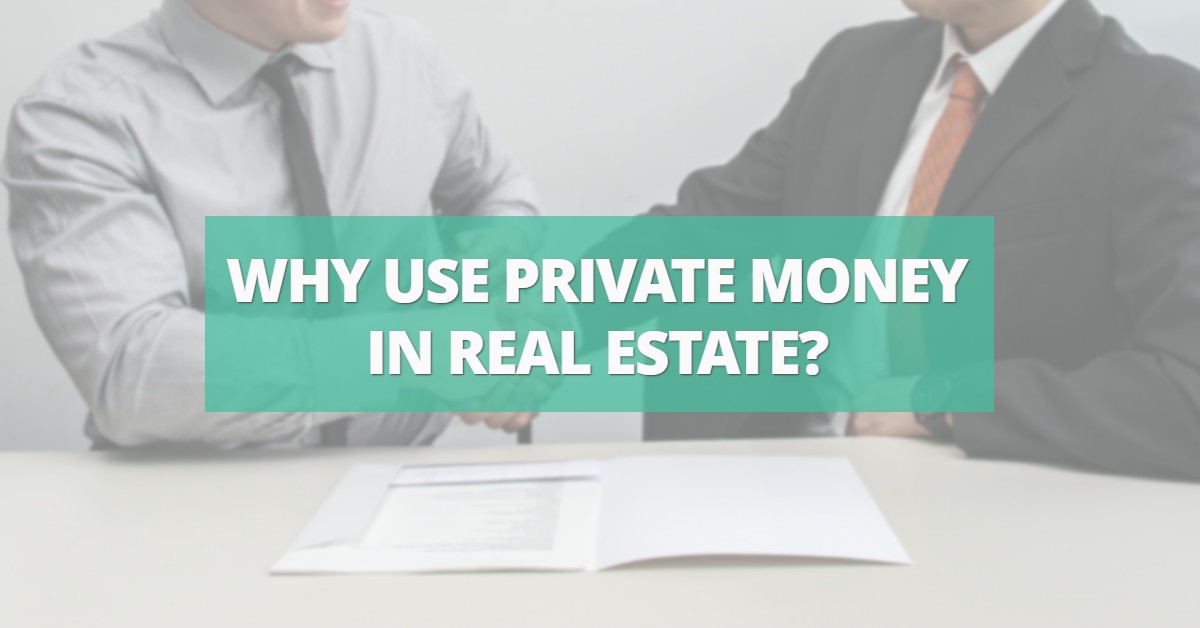If you want to build wealth through real estate, the key is leverage.
In the investing world, leverage is using other people’s money (typically in the form of loans) to build income.
If you master the art of using leverage, you’ll be able to build wealth easily in the real estate game.
Especially at the beginning, it can be tempting to try and use only your own savings for your real estate projects. However, those funds are limited, and it can take forever to save up for a full down payment on your own. Using loans and debt wisely will help you turn larger profits faster, ultimately making you more money, even factoring in the cut of the lender.
Leverage Makes Real Estate Investing Accessible
Especially in the central USA area, other people’s money (OPM) makes real estate investing accessible.
You don’t need to have generational wealth built up in your savings or your parents’ bank account. You just need leverage.
Leverage lets you grow your investing business from little-to-nothing. We see this over and over again in the industry. All you need is the willingness to take a little bit of risk and use OPM.
Types of Leverage and OPM
Leverage comes in many forms. When we talk about using OPM, we’re not implying you need to take up a collection at Thanksgiving dinner.
These are the most common types of leverage/OPM:
- Bank loans
- Private loans
- Hard money loans
- Financial gifts
Obviously, in most of these cases, you need to pay the money back (with interest). However, that’s fairly easy to do once you’re selling an improved property.
What Does the Process Actually Look Like?
Most lenders want to see you put a portion of your own money into projects as well. But that doesn’t mean you need an extensive backlog of savings to get started.
Step 1. Buy
Hypothetically, if you wanted to buy a $200K property, you would only need around $10K of your own money. The rest could be covered with OPM.
Step 2. Improve
If you put $30K-$40K into a property, you’ll significantly increase its value by more than you put in. These improvements can also be covered with OPM.
Certain loans are created specifically for property-improvement projects, so look into options like DSCR or hard money.
Step 3. Sell
This is where the money comes rolling in. You pay off your loans, and everything else is money in your pocket.
For our example of a $200K property, after $40K worth of improvements, it’s likely worth closer to $300K.
That’s a worthwhile investment!
From $10K out of pocket, you end up with around $40K net worth that you’ve created with leverage.
The Long Haul Option
If you don’t want to do a basic fix and flip, you could go the rental route. If you keep a property like that as a rental, you’ll be able to pay the loan all the way down and own the property outright.
In today’s housing economy, hanging on to properties long-term is also a great investment. A property that began as a $10,000 investment could turn into your million-dollar retirement fund!
If you have questions about leverage or OPM, reach out to us at Info@TheCashFlowCompany.com or fill out a contact card.
You’re also welcome to check out our YouTube channel where we talk about how to WIN in real estate investing.









